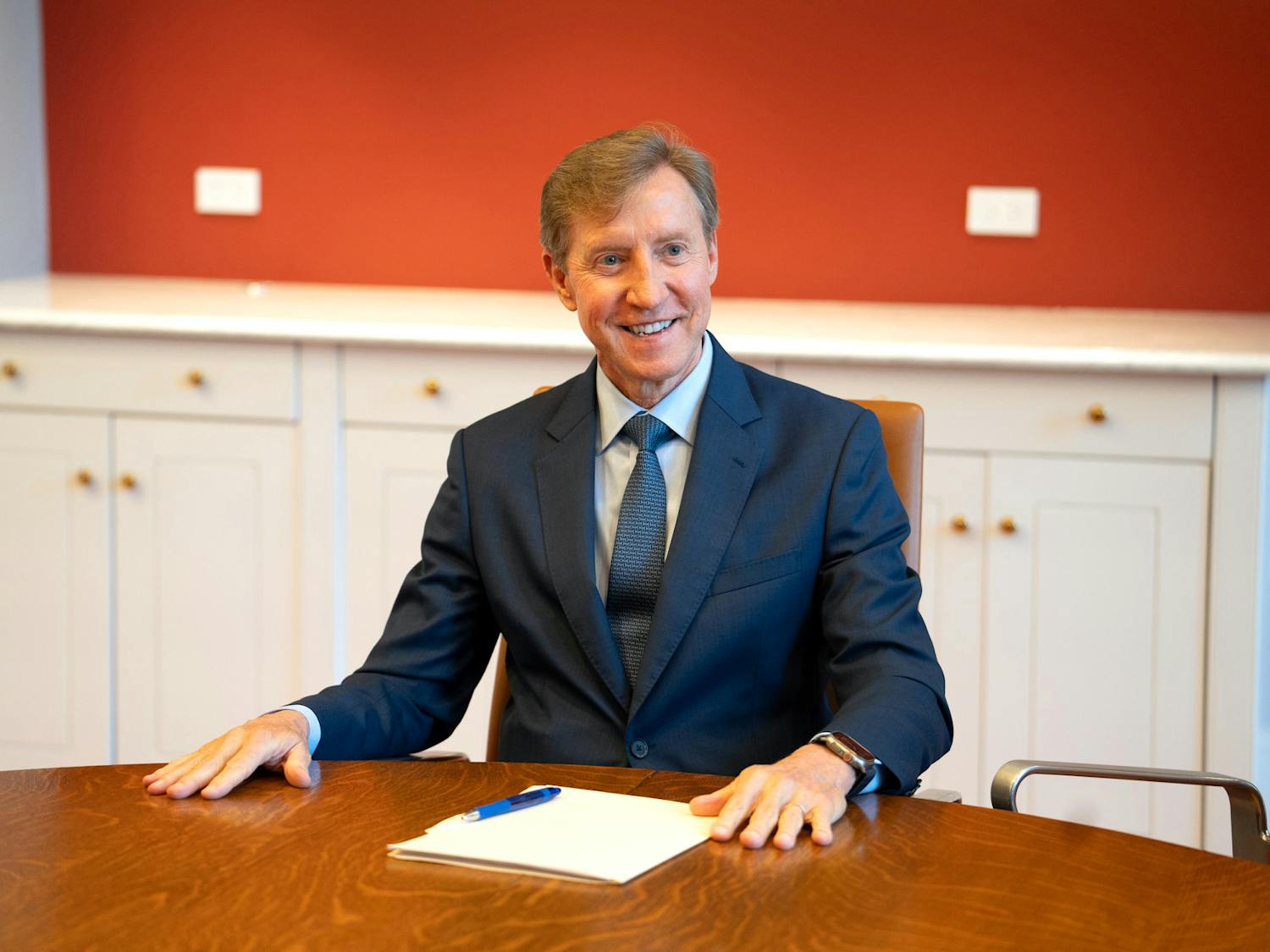Chinese President Jiang Zemin's speech at Harvard was a stark contrast to his low-key appearance at Penn. China's size, influence and importance have caused American politicians to allow it to act in ways the U.S. would otherwise object to in order to keep the nation's support. But Chinese President Jiang Zemin's speech at Harvard University Saturday was proof that the school's prestige and influence could convince him to make similar compromises. Indeed, he set aside extra time during his short Sino-U.S. summit visit for a detour to Boston precisely "because it's Harvard," he told The Boston Globe. In contrast to Penn, which kept Jiang's visit secret for several weeks and invited a small, exclusive guest list to his address, Harvard held a lottery for interested students and allowed 80 members of the press to cover the speech. Jiang not only allowed a larger, less-selective audience at Harvard, but he took questions from the floor and tolerated huge protests. Yet his visit to Harvard was greeted by none of the cordial remarks on his "leadership," the glowing support from politicians or the monogrammed jerseys that marked his four hours in Philadelphia, when the city seemed to take the world leader's mere presence as an honor. During his visit to Drexel University, U.S. Rep. Curt Weldon (R-Pa.) presented him with a Flyers jersey. At Penn, University President Judith Rodin praised his economic reforms. There was neither time nor motivation to confront Jiang with human rights concerns in public, and the largest crowd of demonstrators in the city numbered only approximately 350. But Jiang's arrival at Harvard's Sanders Theater Saturday was greeted by almost 4,000 demonstrators, a larger contingent of protesters than at any of his other summit stops, according to some news sources. Protesters were far from Jiang's biggest challenge. Due to Harvard policy, questions for the president were mandatory. After giving a lecture on Chinese history before the 800-plus audience, Jiang acknowledged the throngs of protesters he had encountered on his trip, the diversity of his country and admitted that his country had made a few "mistakes." Jiang also made what some call the closest a Chinese leader has ever come to apologizing for his government's massacre of unarmed student protesters in Beijing's Tiananmen Square on June 4, 1989. "It goes without saying that naturally we may have shortcomings and even make mistakes in our work, but we are constantly aiming to improve," he said. And in a subtle reference to the human rights activists he'd met during the trip, Jiang said he had gained a "much more specific" understanding of American democracy -- "much more specific than the books." Predictably, neither comment appears in mainland Chinese transcripts of the speech. To his nation, Jiang's trip showed him to be a strong leader who defends the Chinese government's tough stance on human rights and Tibetan independence. Indeed, much of his speech at Harvard was boilerplate rhetoric and subtle reaction to common chides from the U.S. "People of all nationalities enjoy full rights and freedoms," he said at one point. "In places where there is a high concentration of minority nationality people, regional autonomy is in practice." Jiang's host Ezra Vogel, co-chairperson of Harvard's East Asian Languages and Civilizations Department and a noted "friend of China," was instrumental in convincing Jiang to come to the university. Vogel reportedly invited the leader in 1996, long before summit plans were set in stone. Former Secretary of State Henry Kissinger, also an American figure beloved by the Chinese, also encouraged Jiang to make the trip. At Harvard, Jiang was not the radiant, venerated "leader" who did not meet a single reference to "Tibet" or "Tiananmen" at his brief Penn appearance. But he handled the "Free Taiwan" T-shirts in the audience and the crowds of demonstrators outside the building -- the largest on campus since the Vietnam War -- well. "I have no choice but to speak louder," he said in reference to the din of the demonstration.
The Daily Pennsylvanian is an independent, student-run newspaper. Please consider making a donation to support the coverage that shapes the University. Your generosity ensures a future of strong journalism at Penn.
Donate







